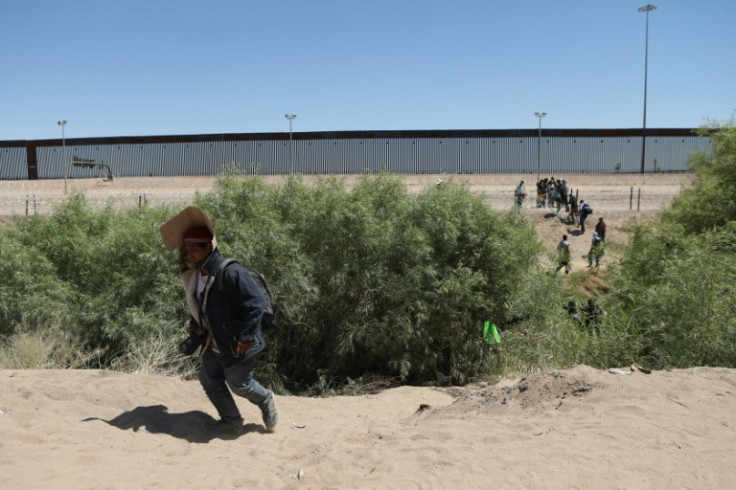
Just hours after President Joe Biden unveiled his new executive action on the Southwest border, questions and various concerns about its implementation began to emerge among asylum seekers and U.S. officials.
According to an investigation by NBC News, one of the main doubts for the national forces working on the border with Mexico is how the new policy will work without additional funding from Congress.
Biden on Tuesday announced a series of measures designed to curb the arrival of migrants into the country, with severe restrictions on asylum claims once arrivals reach 2,500 per day in a seven-day average.
Those restrictions, which include prohibiting migrants from claiming asylum when they arrive at the U.S. southern border and deporting them to Mexico or their home countries, were already in effect Tuesday, according to the White House.
Mexican President Andrés Manuel López Obrador, commonly known as AMLO, said Wednesday he is not worried about Mexican border towns being overwhelmed by asylum seekers turned away by the United States.
However, he added that he was seeking an agreement with Biden for the United States to deport asylum seekers and migrants to their countries of origin rather than to Mexico.
Since January 2023, Mexico has agreed to take back 30,000 migrants from Cuba, Haiti, Nicaragua and Venezuela per month. But in some months, the number of nationals from these countries has exceeded 30,000. AMLO's statements tend to show that the country is trying to avoid shouldering the burden of Biden's policy.
The problem, told to NBC News by three agents involved in enforcing the measure whose identities were not disclosed, is that there is confusion over what to do now about thousands of asylum seekers whose countries will not take them back, such as migrants from Venezuela, China and elsewhere in the Eastern Hemisphere.

Venezuelans, who have been crossing the border in increasing numbers, typically claim asylum, citing fears of repression by the Maduro regime. How will U.S. officials deal with them in the future if Mexico does not take them back?
The cited officials, who worked for the Department of Homeland Security which is responsible for carrying out the order at the border, said there is concern that detention facilities and processing centers for migrants could quickly become overcrowded.
At this point, it is not clear where the Biden administration will hold migrants until they are deported, as Immigration and Customs Enforcement does not have the capacity or authority to detain migrants indefinitely, the outlet noted.
The U.S. deported an average of about 62,000 people a month last year. At the very same time, more than twice that many people were crossing the border illegally each month.
© 2025 Latin Times. All rights reserved. Do not reproduce without permission.






